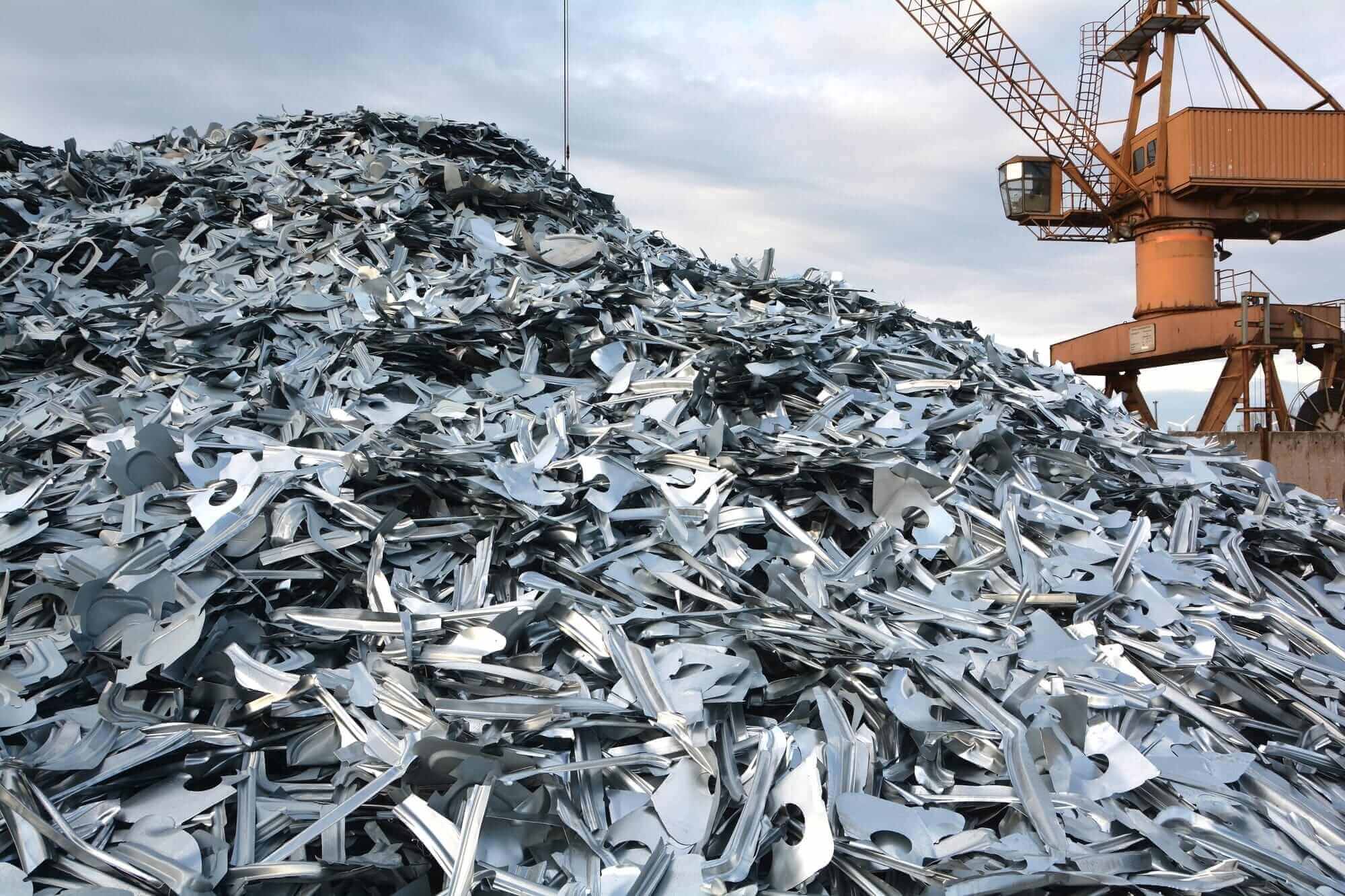By Edward Routh, Co-founder — Relloe
While the global Covid-19 pandemic did not create Supply Chain as a Service (SCaaS), it certainly gave the business model a considerable boost. The supply chain disruptions triggered by the global pandemic left many businesses in need of more efficient and reliable ways to source, manufacture, and transport their products. Entrepreneurs stepped in to fill the gap by establishing businesses that offered SCaaS as a solution.
As more businesses have come to rely on SCaaS for various components of their operations, companies providing SCaaS solutions face the challenge of scaling to meet the growing demand. As with any business, scaling requires the development and deployment of systems that can support business growth without considerable business expense. Here are some of the key steps that SCaaS businesses should consider when engaging in the scaling process.
The importance of culture in scaling a SCaaS business
Thousands of business articles have been written on the importance of establishing and nurturing a strong company culture. When scaling, culture becomes especially important. It supports efficiency by attracting the right employees, the right investors, and the right clients. It also empowers employees at all levels to make decisions that support healthy scaling.
SCaaS is a technology-heavy endeavor. The online platforms that empower it give businesses the capability to track processes across the entire chain, which is an essential part of the transparency that makes them effective. However, the online nature of the service can also make SCaaS businesses seem impersonal and distant.
Without the intention to establish something different, the culture of a SCaaS business can become “impersonal and distant” by default. Otherwise, a business will need to put extra effort into defining their preferred culture and finding ways to encourage, celebrate, and project it to its prospective clients.
SCaaS also involves working with vendors around the globe. When company culture does not encourage sensitivity to and respect for a variety of social and business norms, an SCaaS business may find it challenging to maintain the healthy relationships that are essential to its success.
The importance of product development in scaling a SCaaS business
Prior to scaling, businesses should take great strides toward perfecting their product or service. Launching into a growth phase with a problematic problem or service is highly risky, and as more customers are added to the equations, the financial and reputational fallout that results from problems grows exponentially. In other words, problems left unaddressed will scale with a company.
In the world of SCaaS, the chain is only as strong as its weakest link. Prior to scaling, SCaaS companies should identify those weak links and determine what needs to be done to strengthen them or compensate for them. When there are gaps that cannot be filled, it is not time to begin scaling.
When evaluating and addressing weaknesses, SCaaS businesses should consider their technology platforms as well as their supply chain partners. If users cannot access services in an environment that is user-friendly, intuitive, and reliable, they may never get to the point in the process where they get to experience how effective the supply chain can be.
The importance of flexibility in scaling a SCaaS business
Scaling requires businesses to walk a fine line between focus and flexibility. To build a process that can support scaling, businesses must stay focused on the service they provide, how they provide it, and why they provide it. At the same time, they must build in flexibility that allows them to adapt to changing market needs and conditions. Balancing overarching business goals with opportunities to evolve is essential.
The technology, markets, and procedures that support SCaaS are always evolving. To scale effectively, SCaaS businesses must pay close attention to innovations that can improve their effectiveness and efficiency, as well as identifying and surrendering those things that are on the verge of obsolescence. Packaging technology is one example of an area where SCaaS businesses can benefit from flexibility. Exploring and adopting materials that are lighter and more pliable enable efficiencies that can ripple across the entire chain.
A commitment to flexibility can also help SCaaS businesses to identify barriers to growth and pivot to avoid them. It is always better to identify the bumps in the road before you get to them. The less bumps in a supply chain, the easier it is to retain the clients who rely on its flow.
The importance of customer awareness in scaling a SCaaS business
Much of the focus in scaling will be on business systems and what must be done to optimize them. As a result, businesses in the process of scaling can lose sight of the customers they intend to serve. When this happens, businesses lose the opportunity to draw important insights on how prospective customers and their needs are evolving.
Obviously, providing an accessible and reliable supply chain for a greater number of clients is what an SCaaS business must scale toward. However, staying connected to the customer base can help to identify important nuances in business needs that can guide scaling. For example, effective ESG policies are something that more and more businesses are coming to expect from their suppliers. While every supply chain client will not demand this, some may. Understanding a client’s values and providing services that support those values can engender loyalty that translates to a long term business relationship.
The process of scaling SCaaS businesses requires a deep understanding of the wide variety of moving parts and the complex relationships between them. Taking the time to consider and address these four key pillars will provide the stability necessary for providing supply chain solutions, as well as the flexibility to take advantage of a business landscape that is continuing to evolve.
— Edward Routh is an enterprise technology entrepreneur who strives to leverage emerging technologies to solve conventional challenges. A Co-Founder of Relloe, Inc., Edward is driven by a passion to make high-quality, sustainable, and ethical manufacturing available to everyone through a state-of-the-art platform that is revolutionizing how businesses manufacture products.




